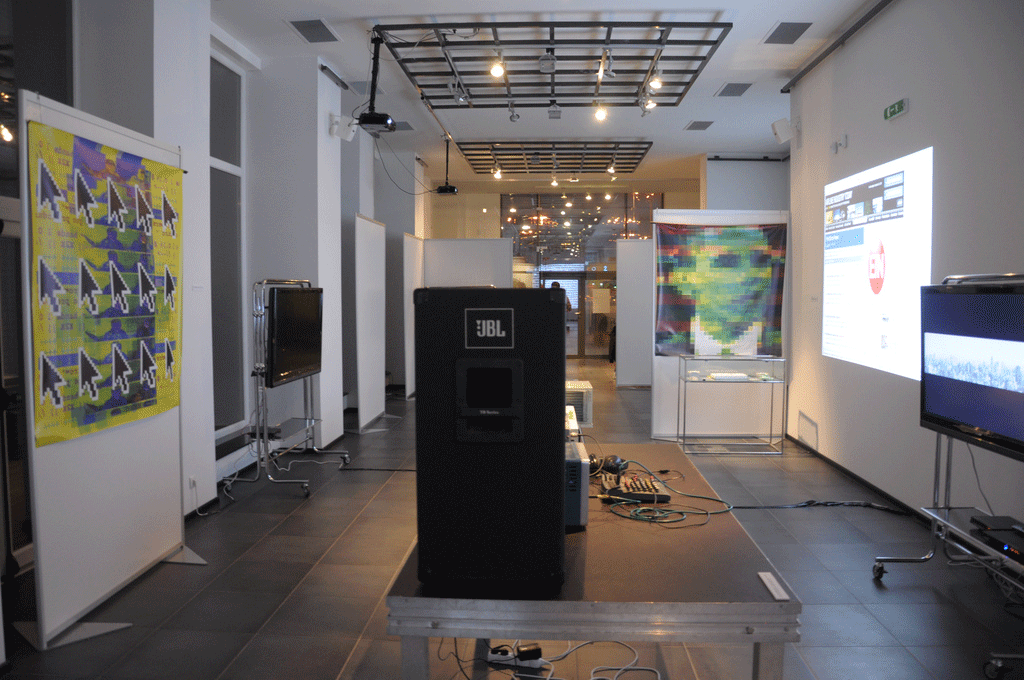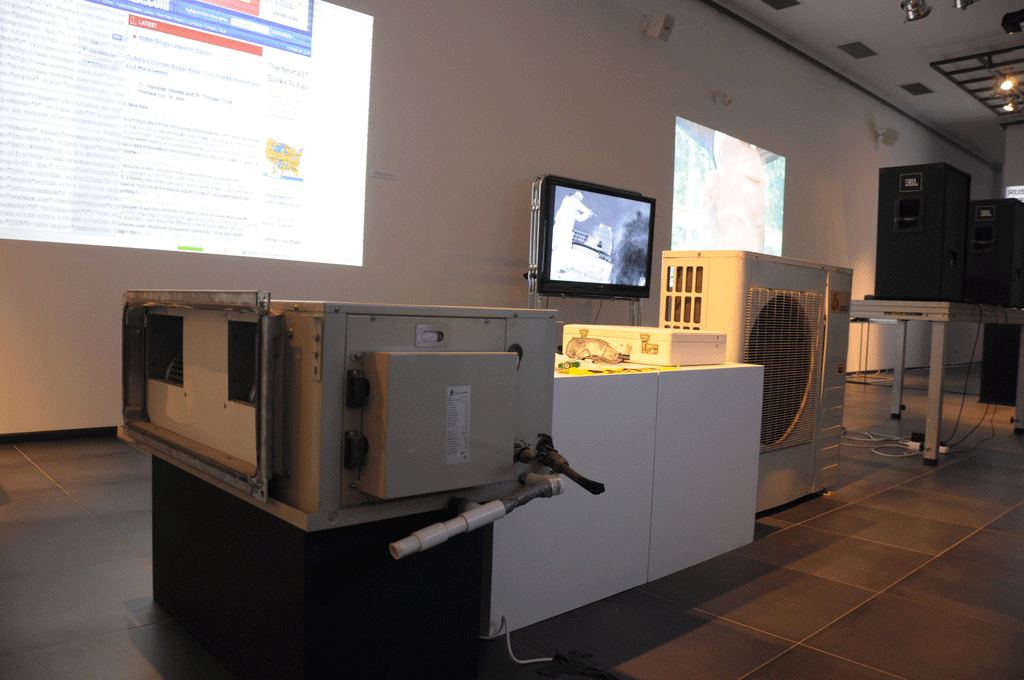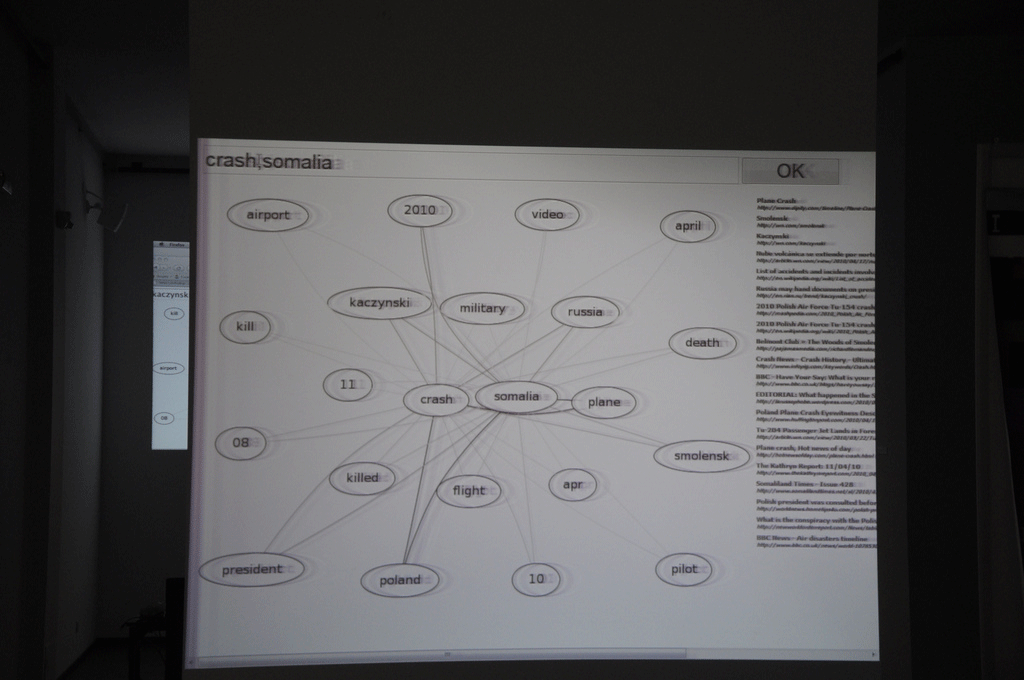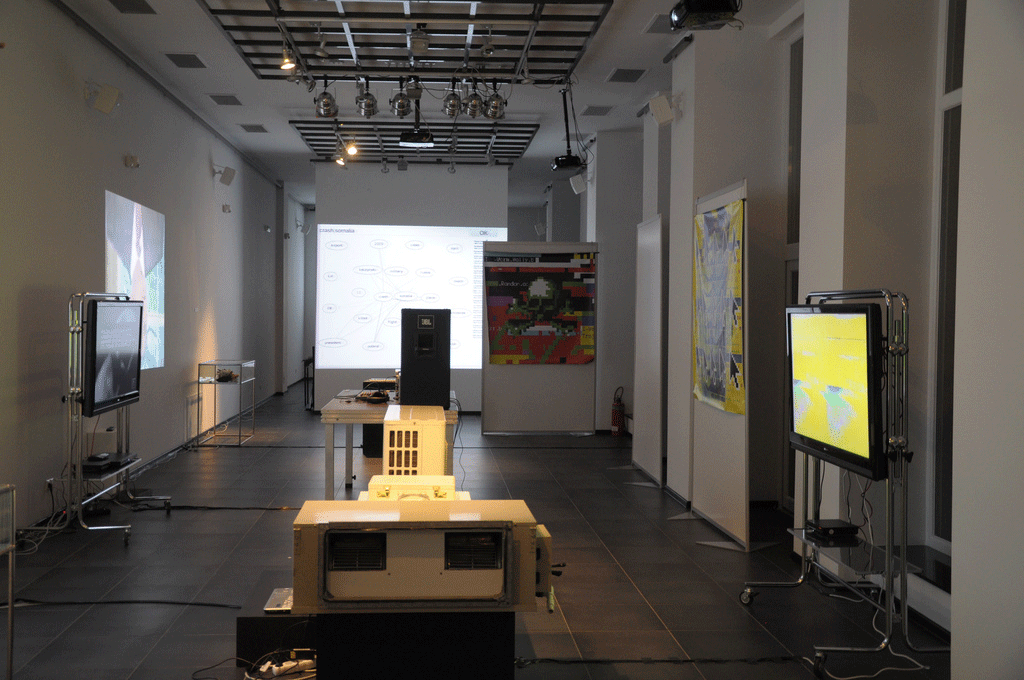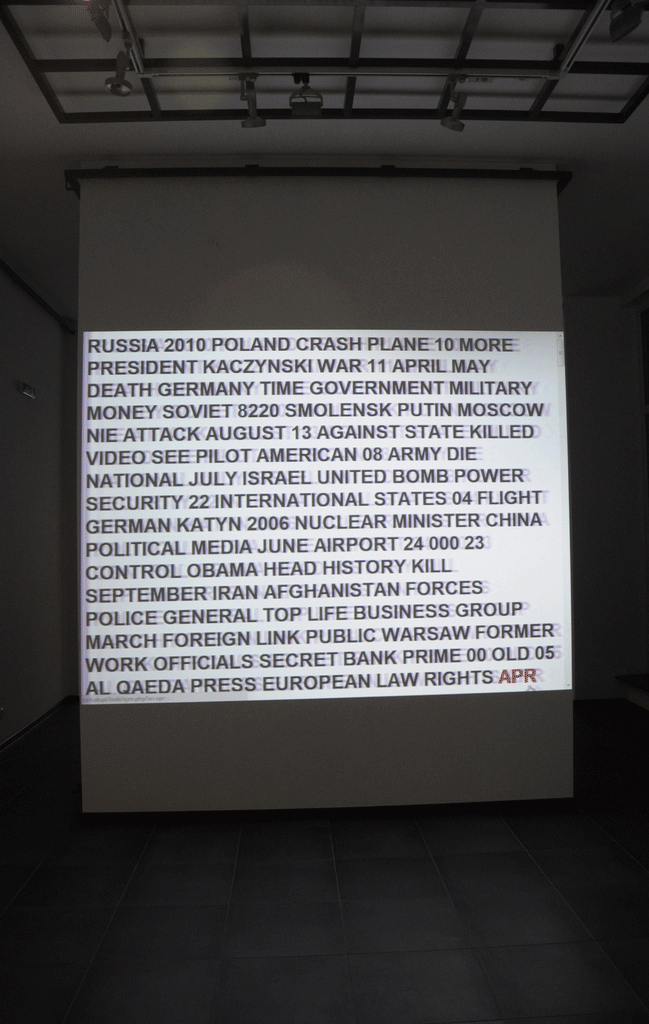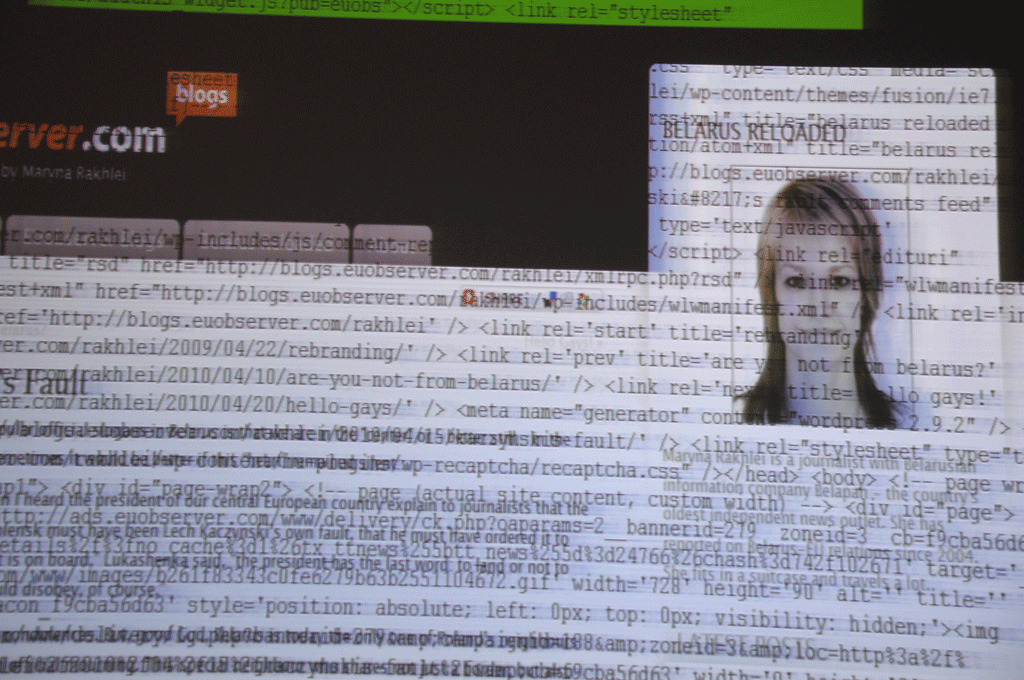| |
|
|
| |
MainThe history of modern societies knows many forms of activity such as hijacking of both aircraft and people, mysterious disappearances, plane crashes, bomb attacks, and others that influence changing political situation and the distribution of power relations of a particular country or a group of countries. Rapid social chain reactions accompanied by such incidents become a primary energy, a type of libido that is constantly animating culture, and this constitutes the starting point for the project Crash. The exhibition of Robert B. Lisek analyzes the context of a "security" idea based on an examples of airplane crashes. Lisek analyzes the social processes which, through increasing public insecurity, contribute to the legitimacy of violence, deprivation of freedom and civil liberties and the consolidation of the authority as well as its credibility. At the outset, the artist raises questions about the nature of security: What is the basis of security? What ensures it? He asks about the state of security absence - permanently sustained uncertainty and constant raising of fears to maintain the services and structures responsible for security.
SourcesThe project deals with the problem of intense processing of big
data collections (including internet sites), data from
innumerable sources, whose interpretation is clearly beyond
human processing abilities.
Crash CrawlingWhile developing this project, first I created a crawling machine, which finds millions of sites on accidents and crashes. Crawler, which is an Internet robot, collects information from sites and checks links helping to find other sites. The real magic, however, is how search results are sorted and processed. After collecting, data is indexed and stored in a created MySQL data base. The next step is to discover groups and connections between objects, i.e. the analysis of connections between words, documents, things and persons. What counts, is the word frequency, i.e. how many times a given word is repeated on a site and word distance, i.e. how many times such words occur together. CRASH was presented as an installation consisting of a network robot searching for information in real time and data bases, which collected millions of records connected with various types of accidents and catastrophes together with tools for analysing and graph presentation of connections between them.
PredictionThe project addresses the issues of security and analyses the disaster, particularly the air crash near Smolensk as a culturally active factor, a factor which causes a political crisis and changes in existing system. Robert Lisek uses the methods of contemporary art and theory of computability, raises questions concerning political power and discussion which focuses on the key points of the collective experience of the disaster. The artist describes the work of the installation in short words: The project begins with the analysis of large data sets, examines how the disaster / conflict is depicted in the web and media. Then, the new information is concluded, as well as the probability of future events.
ContextRobert Lisek stays within the long avant-guarde tradition which
started with efforts to cut off the artwork from the subjective
individual, the artistic vision, inspiration and the need for
expression. Drawing this line in the text constitutes a
repetition of the avant-guarde history. The artist defines this
context in a following way:
MethodIt is important that when Robert Lisek tackles the issue of Smolensk, he distances from the old paradigm of the artist showing subjective point of view, and this way he can cut off from the explicitness characterizing the authors of conspiracy theories, which would inevitably discredited the artist entangled in his own opinion based solely on the belief. The artist researches alternative story lines and to achieve it, he uses a web worm written by him i.e. a programme for automatic search for information in the web (based on the model of the software used by Russian special services GRU) and NEST portal (http://fundamental.art.pl/NESTofficial.html) which is a web platform designed to analyze and visualize connections between individuals, groups, events, documents and places. This way, the artist arranges a situation in which the outside reality speaks for itself. In such arrangement, the artist's creation is limited to constructing transparent apparatus and arranging such construction as a spatial artwork.
SPACEAn integral part of the project is the multidimensional
presentation of data in architecture. The project has been
exhibited in NT GAllery Lodz and U Gallery
General researchUsing his own system, Robert Lisek recovers, analyses and visualises information, creates a history, doing the job of historians. The model of history with the monkey at the typewriter is transformed into a model of a thinking machine which selects the data, creates versions and stories itself. Intellectual's work in the world of today transforms into the consciousness of communicating the rules of work, whereas the work in a traditional sense is done by machines. Similarly, in the field of social communication, open sources and the opportunity to intervene in the source code enable to put this artistic project in the place previously occupied by the media. Corporate Media imposed global outlook according to the policy of the capital standing behind them. On the other hand, the project 2.0 CRASH proposes ever proliferating versions of events, connects facts using contemporary logic and mathematics. The mechanisms behind its work, related to analysis and data processing are much more readable than the mechanisms of power manipulating the media. Open sources makes the means of processing information takes reconfigurable! Corporate media are therefore useless, become eliminated and replaced by an art project, since they provide only one possible course of events. In the world of media there seem to appear a new site for alternative portals, becoming leading sources of information, for example WikiLeads, which published 75 000 documents revealing an alternative picture of the war in Afghanistan. Such information is then analyzed. Crash 2.0 also provides information unavailable from official channels, subversive reinterpretations of events, alternative narratives, from which we can choose the most suitable one. However, such a choice is always limited and shows that we believe only to what suits our limited minds. More photos pls see http://www.flickr.com/photos/33753871@N07/sets/72157625820975286/ Aknowledgmentsdevelopment: Robert B. Lisek
|
|
| |
produced by Robert B. Lisek & Fundamental Research Lab
|
|

